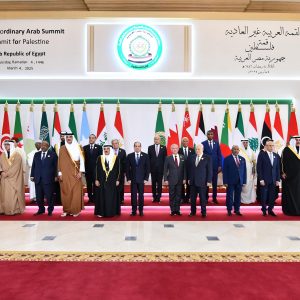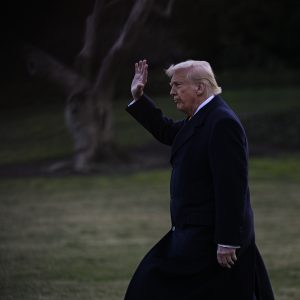Report exposes Google’s involvement in forced labor in China’s Xinjiang
WASHINGTON – A new report has exposed Google’s involvement in the forced labor of Muslim minorities in China’s Xinjiang region.
The report was presented Wednesday at a U.S. Senate briefing organized by Justice for All.
The briefing was organized on the issue of Islamophobia leading to the persecution of Muslim minorities.
Prepared by Justice For All and the University of Toronto, the report traced Google’s supply chain to the Xinjiang, or East Turkestan region.
The report said that, unlike Apple, Google hides its suppliers in China so that no one can track whether they use Uighur forced laborers.
The study, titled “Uncovering Slave Labor in Google’s Supply Chain,” said the American tech giant is linked to human rights abuses against the Uighur population.
Justice For All is the world’s largest Muslim-led human rights organization, based in Chicago.
The report includes examples showing how Apple was implicated with the same supplier while Google was cleared of blame.
“The Pixel phone, Google’s competitor to the iPhone, shares the same contract manufacturer: Foxconn,” the report said, adding that “Foxconn is the largest electronics manufacturer in the world, and has been directly involved in the Xinjiang Aid scheme and using forced Uyghur labor to work in its factories.”
The companies did not take disciplinary action against complicit suppliers.
It further stated that many sub-components for both Apple and Google were manufactured by the same Chinese company, O-Film, which reportedly engages 1,000 Uyghur workers at its factories.
“This is an example where Apple was implicated for being tied to O-Film as an end customer, while Google was not. However, O-Film produced the fingerprint sensor for multiple generations of the Pixel,” the report said.
Another concern with the auditing process is the fact that both Google and Apple donate to and fund organizations involved in assessing and combating human trafficking, which leads to a conflict of interest.
The report makes several recommendations, including strengthening current legislative efforts.
In addition to Muhammad Abdullah, the report’s lead author, Zumrat Dawut, a Uighur survivor of Chinese prison camps, also spoke at the Senate briefing.
U.S. law requires American companies to disclose imports from China and certify whether their product or any component was made using slave labor.










